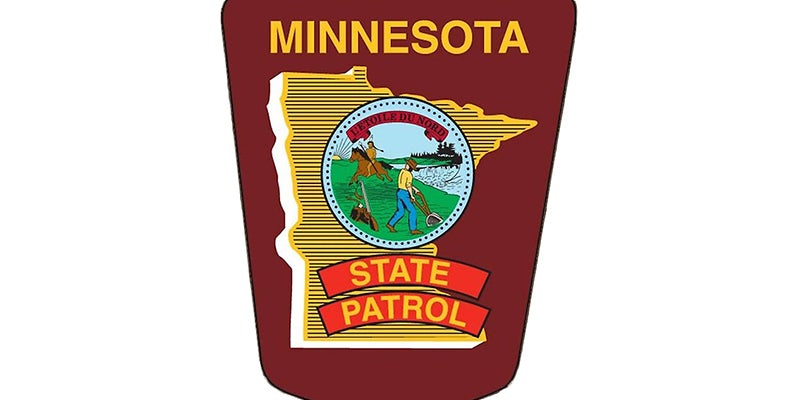Alcorn: Religious background non-issue for Romney
Published 10:30 am Monday, January 23, 2012
Mitt Romney is not the first Mormon to run for president of the United States, because none less than Joseph Smith did so in 1844. Smith’s campaign ended with his murder by a mob five months prior to the elections, and we count on this being just one of the differences between the campaigns. Romney, however a faithful Mormon, is no Joseph Smith. Moreover, America in 2012 is a different society from what it was 168 years ago, and today’s Church of Jesus Christ of Latter Day Saints is today also not what it was then. Whatever reasons many will no doubt find to vote against him, his religion is not among them. I know of no reason that Mitt Romney’s Mormonism should be felt to disqualify him for election.
LDS in 1844 was a deeply troubled church and troubling to the nation. The Mormons had been driven out of Missouri and fled to Illinois, where they created the town of Nauvoo, which reached a population of 51,000. Although Smith insisted he kept but one wife, the church had not yet worked through its views and position on polygamy. Its attempts to redefine marriage from what we now call one man-one woman to multiple wives greatly troubled the nation. In my opinion, the threat was not as great as it was popularly imagined to be. The real issue seemed to be the Mormons just appeared to most of the country as weird in almost every way.
Smith had petitioned Congress for authority to declare his Nauvoo a sovereign nation and demanded military protection for it (rather like Jefferson David demanding that Abraham Lincoln send the Union army to protect his capital in Richmond). He created a Council of Fifty to rule his new nation and termed its governance to be a “theodemocryacy.” This coined term appears to mean a nation belonging to God and run by his elect people. The first elected among the elect, however, was none less than Joseph Smith, whom the Council elected as “King of the Kingdom of God.”
Drawing on this new authority, Smith appointed ambassadors to France, England, Russia, and the Republic of Texas.
Those in this country who took Smith and the Mormons seriously, became outraged by all this presumptuous nonsense. They were especially feared and hated by their neighbors in Illinois, but it was internal opposition that most troubled the church with the establishment of an opposition newspaper, which Smith ordered destroyed after one issue. Federal authorities arrested Smith and his brother Hyrum and put them in the county jail in Carthage. An angry mob broke into the jail and murdered the brothers on June 27.
This prejudicial violence remained an embarrassment for Illinois, and in 2004 it sent a delegation to Salt Lake City to deliver an official apology.
This was late coming, because the country rather much looked the other way at the time. Popular fear of and loathing for Mormons continued. The Sept. 6, 1844, issue of the Cleveland Daily Herald reported that “the inhabitants of Nauvoo” had issued a “manifesto” asserting they had no interest in the national elections simply because they judged neither Democrat James K. Polk, who won, nor Whig Henry Clay “fit men to receive their votes.” However, the paper disputed this: “Mormons have heretofore exhibited no fastidiousness” about voting against non-Mormons.
There were times and there were places in which the pope controlled civil governments. But our experiences with Al Smith in 1928 and Jack Kennedy in 1960 seem to have gotten Americans over this fear, and we should apply this now to Mormons.
There are places in this country and today where Mormons predominate, and I would understand non-Mormons in those areas wondering if a Mormon president might, at least by habit, be preoccupied with Mormon values and goals and be insensitive to consensus of the people. My inquiries to colleagues in those areas, however, yields the perspective that Mitt Romney’s moral character and values outweigh such unease. If they do not vote for him, it will not be on the basis of his religion.
With every nominee from every party, voters are confronted with myriads of substantive issues that require careful thought. We can lighten this load by not fussing about Mitt Romney being Mormon.


